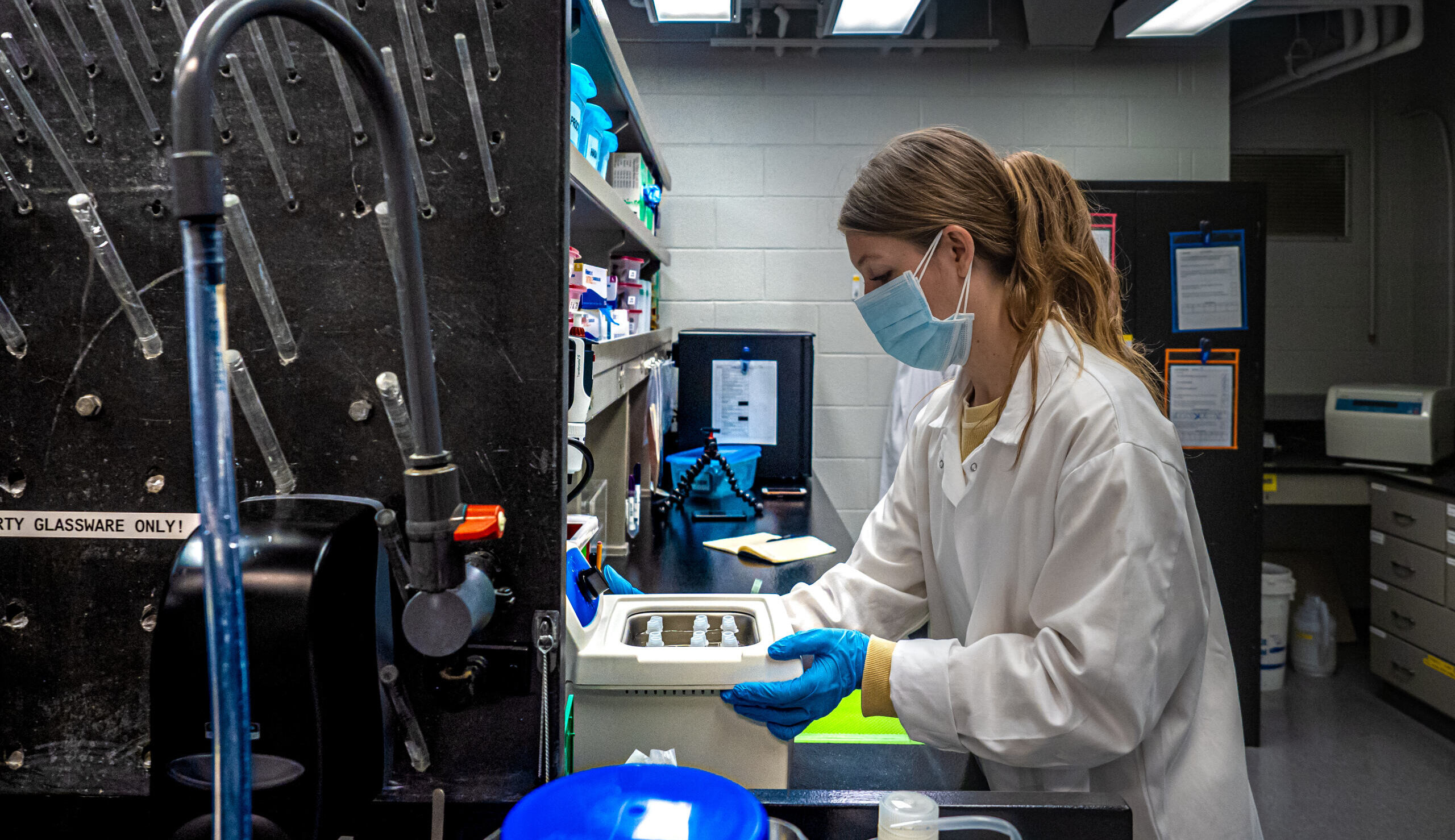Immersion Vanderbilt: Experiential and Applied Learning
Immersion Is… An opportunity for undergraduate students to pursue their intellectual curiosities through experiential learning. Anthropology’s transdisciplinary blend of science and humanities offers immersive experiences to explore human diversity across time and space and implement diverse perspectives to address complex issues facing humanity today.
With numerous pathways to Immersion experiences in research, coursework, and study abroad, opportunities in anthropology span forensic science, material culture, social identity, reproductive politics, health disparities, human genetics, climate change, and more. Students Immersion experiences can include an Honors thesis, capstone project, summer field school, lab research, internship, study abroad, or an individualized project developed with a faculty mentor.
Funding is available to students in support of their Immersion projects. Reach out to our faculty to learn more about current opportunities for Immersion in anthropology.
Anthropology Labs
Labs for immersive research in anthropology include, but are not limited to:
- Genetic Anthropology and Biocultural Studies (GABS) Lab
- Reproductive Politics Lab
- Bioarchaeology & Stable Isotope Research Lab (BSIRL)
- Spatial Analysis Research Laboratory (SARL)
Immersion Tagged Courses
Students can complete immersive experiences and/or the immersion culminating project by enrolling in anthropology courses that are tagged for immersion. Anthropology immersion courses include, but are not limited to:
- Anth 3261: Introduction to Geographic Information Systems and Remote Sensing
- Anth3866: Archaeological Excavation
- Anth 3867: Digital Archaeology: Analysis and Curation of Material Culture
- Anth 4152: Activism and Social Change: Theory, Experience, and Practice
Field Schools
Every year our professors in archaeology and bioanthropology, as well as advanced graduate students, take undergraduates to the field as part of formal field schools or as part of field experiences. Additionally, the department offers Maymester abroad in several classes, including:
Field schools offered by other universities and organizations can also provide opportunities for immersion. See these links to explore options. (These are not endorsed by Vanderbilt. The links are shared as a source of additional information.)
https://www.archaeological.org/programs/professionals/fieldwork/afob/
https://www.nps.gov/subjects/archeology/field-schools.htm
Internship Resources
- Cultural Survival, Inc.
- Tennessee Archaeology Network
- The National Association for the Practice of Anthropology
- The National Museum of Natural History
- The Smithsonian Institute
- Indian Health Service Qualitative Health
- American Anthropological Association – AnthroGuide
Immersion Stories
Alyssa Bolster BA’22
 Major in Anthropology and Law, History, and Society
Major in Anthropology and Law, History, and Society
When Alyssa Bolster first arrived at Vanderbilt, she had initially planned to go to law school for human rights law. This all changed when she enrolled in a Human Osteology course taught by Tiffany Tung, Gertrude Conaway Vanderbilt Professor of Anthropology. Alyssa became fascinated with the human skeleton. She was curious to learn everything she could about a skeleton’s disease load, dietary practices, dental health, and injuries. In realizing how much bioarchaeology applies to forensics, Alyssa enrolled in more anthropology courses, including her favorite course with Professor Tung: Forensics, Genocide, and Human Rights. This led her to develop an Immersion project conducting the mechanical and chemical processing of one thousand-year-old bone and dental samples from Peruvian archaeology sites in Professor Tung’s Bioarchaeology and Stable Isotope Research Lab.
Alyssa said that Immersion’s structure propelled her to learn the skills she needed to set up her own research project and ultimately reach her goals. More than anything, she said that Immersion made her “realize all the things I’m capable of.”
